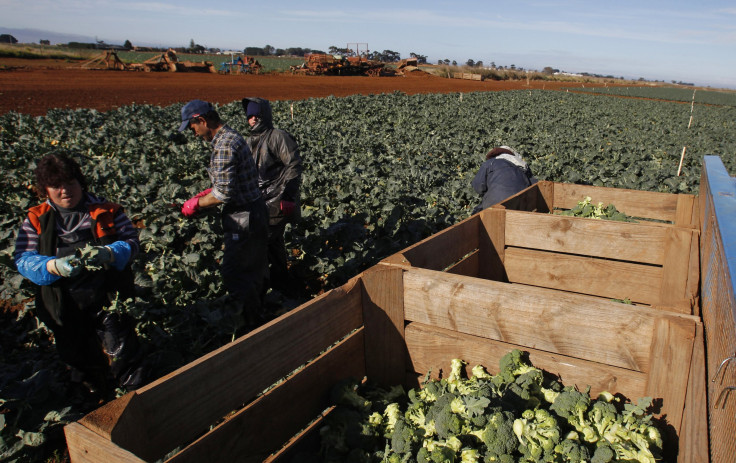Australia launches inquiry on role of partnerships in agriculture and agribusiness

The Australian government announced it will hold an inquiry to explore how it can share the country’s world-class agricultural and aquaculture expertise to its partners in the Asia Pacific region.
The inquiry seeks to examine the role of development partnerships in agriculture and agribusiness in promoting prosperity, reducing poverty and enhancing stability among Australia’s regional partners, according to Dr Sharman Stone, chair of the Foreign Affairs and Aid Sub-Committee.
Through the inquiry, the sub-committee hopes to come up with innovative solutions from the governments, non-government organisations and the private sector to answer the growing demand for higher quality, nutritious and sustainably produced food. Stone said countries with strong agriculture sectors, particularly related to the production of food, can have better health outcomes.
According to Stone, chronic malnutrition and stunting not only affects the child’s development, but also impacts the capacity of communities to be self-sufficient. “Sustainable local production is not only good for people’s health, it’s good for the economy and the environment. The business of agriculture and aquaculture: breeding, sowing, farming, harvesting, processing and distributing food, also means more jobs and higher incomes,” she explained.
Through its previous inquiry, the sub-committee found that the best way to promote economic development and reduce poverty was through the combined efforts of governments, NGOs and businesses. This new inquiry will shed light on how to better support agricultural development, greater gender equity, improved nutrition outcomes and economic growth in the Indo-Pacific region.
In addition, it will discuss Australia’s contributions and achievements to date and its options for agricultural innovation. The sub-committee hopes to produce action plans to improve health and promote greater gender equity and women’s economic empowerment, given that women are traditionally the main food producers in the region.
The inquiry will also explore ways to include small developing country entrepreneurs with larger Australian and international businesses in both agriculture and food value chains.
This move will be in consonance with the government’s strategy for aid investments in agriculture, fisheries and water, which together, is one of the six priority areas under Australia’s new development policy.
Public submissions on the inquiry will be accepted until Nov. 4, 2015, after which public hearings will commence to finalise discussion points.
Contact the writer at feedback@ibtimes.com.au or tell us what you think below.






